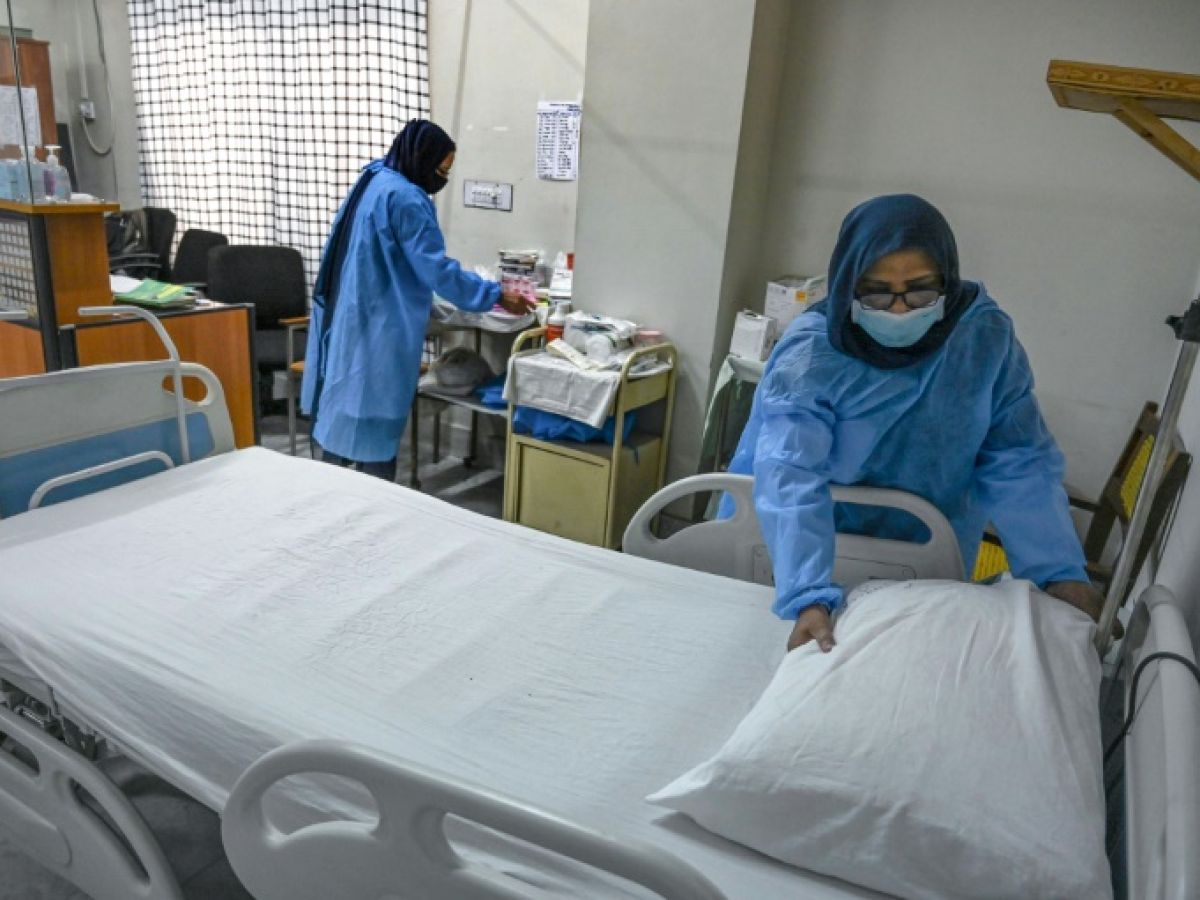The world "already knows a lot" about MPOX, and therefore it cannot be considered "the new Covid", the European director of the World Health Organization (WHO), Hans Kluge, said on Tuesday.
"MPOX is not the new Covid. Whether it is MPOX clade 1, which is causing the current outbreak in Central and Eastern Africa, or MPOX clade 2, which is causing the 2022 outbreak" worldwide, Kluge said at a UN agency press briefing.
"We already know a lot about clade 2. We still need to learn more about clade 1," he said, noting that "we know how to fight MPOX."
The resurgence of MPOX in the Democratic Republic of Congo (DRC), driven by clade 1b which also affects Burundi, Kenya, Rwanda and Uganda, prompted the WHO to declare a public health emergency of international concern on 14 August, the highest level of health alert.
The WHO had already taken such a decision in 2022 when an epidemic of mpox, then carried by clade 2b, had spread across the world. The alert had been lifted in May 2023.
Speaking via video link, Mr Kluge explained that two years ago Europe had "brought mpox under control through direct engagement with the communities most affected, men who have sex with men".
Formerly known as monkeypox, the virus was discovered in 1958 in Denmark, in monkeys raised for research. Then in 1970 for the first time in humans in what is now the DRC (formerly Zaire), previously known as the Congo Basin clade then as clade 1, and now clade 1a after the recent discovery of the 1b variant in the DRC.
– No mask, no confinement –
"Clade 1a is what used to be called the Congo Basin clade," and patients are usually infected by infected animals, said Dr. Catherine Smallwood, head of emergencies at the WHO's European office.
On the other hand, she said, "we have not isolated or detected zoonotic transmission of clade 1b." According to the expert, "this therefore appears to be a strain of the virus that circulates exclusively within the human population, and some of the viral changes that virologists have identified show us that it is likely to transmit more efficiently between humans."
"We know that clade 1 is more dangerous than clade 2," added a WHO spokesman in Geneva, Tarik Jasarevic, but specialists are now trying to find out whether there is a real difference between clade 1a and clade 1b, in terms of severity.
"It is only recently that we have discovered clade 1b, which is spreading rapidly (...) but we are not yet sure of its severity," he added.
According to Mr. Kluge, the risk to the general population is "low," even if the modes of transition of the virus "are not yet very clear."
"Are we going to have to confine ourselves as was the case in Europe in the face of Covid-19? The answer is clearly no," he also said.
The WHO spokesperson told him that the organization does not recommend wearing masks. And, he said, "we do not recommend mass vaccination. We recommend using vaccines in the event of an epidemic for the groups most at risk."
According to the WHO, two vaccines have already been used in recent years: MVA-BN, from the Danish pharmaceutical laboratory Bavarian Nordic, and LC16, produced on behalf of the Japanese government.
There is a third vaccine, Jasarevic said, ACAM2000, which the Strategic Advisory Group of Experts on Immunization (SAGE), a WHO committee, recommends "in case MVA-BN and LC16 are not available."
